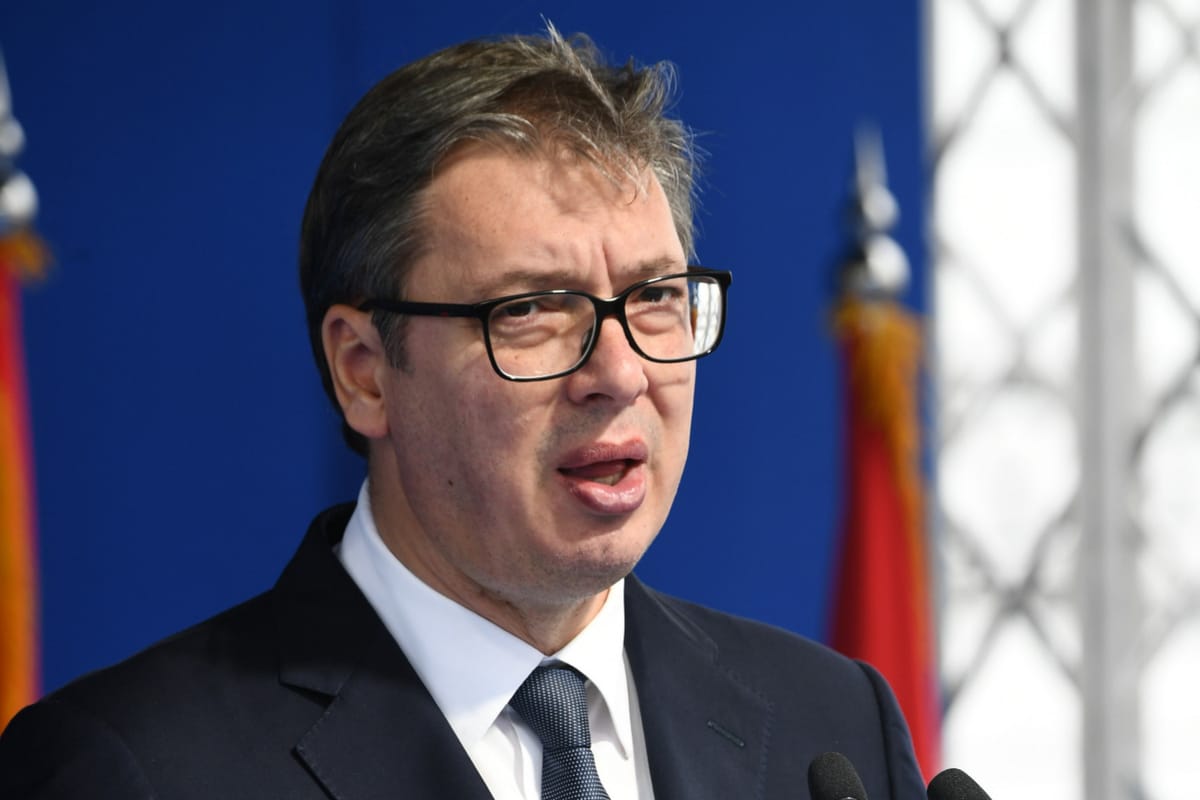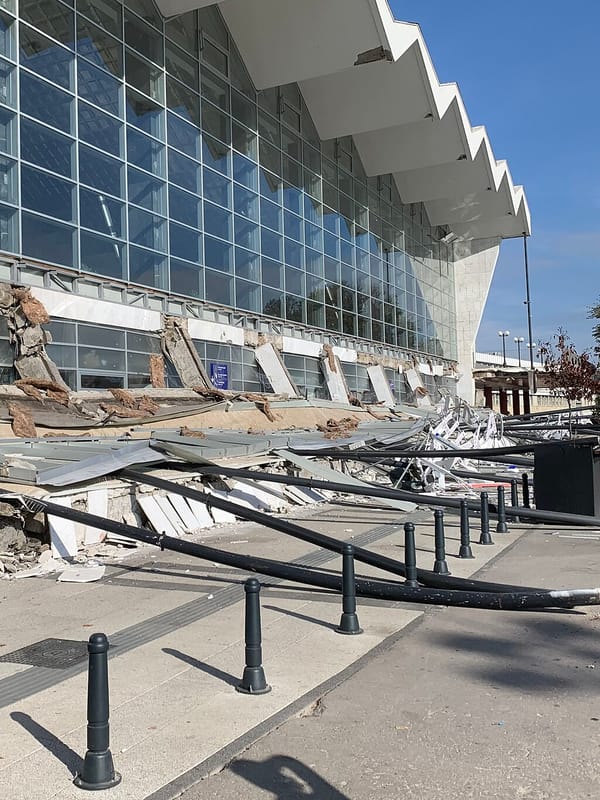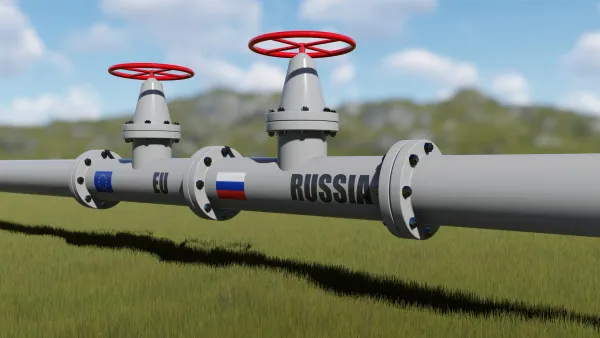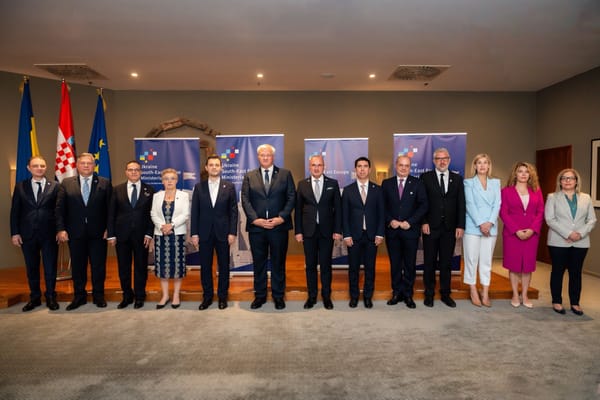
Serbia heads for early elections
Serbian President Aleksandar Vucic has dissolved Parliament and called for a national ballot to be held on 3 April, just 18 months after forming his government on the back of a vote boycotted by the main opposition parties, Euractiv reported.
Vucic urged Serbian voters “to take part in the election and show the country’s democratic capacities”, after dissolving the Parliament on Tuesday. He is also expected to call for early presidential elections to be held on the same day.
Vucic’s Serbian Progressive Party (SNS) and its coalition partners – including the Socialist Party of Serbia (SPS) led by House Speaker Ivica Dacic – are currently ahead in the polls, despite a series of environmental protests in Serbia, soaring prices and corruption scandals.
Human rights NGOs and political rivals accuse Vucic of having authoritarian tendencies and suppressing independent media, as well as confounding the opposition with regular snap election cycles, Euractiv commented.
As a result, Serbia’s main opposition parties boycotted the 2020 elections, which they called “neither free nor fair”. SNS consequently won the ballot by a landslide and have faced no opposing voices in Parliament since then. This time the loose opposition coalition of centre-left, green-left and centre-right parties will participate in the election, despite continuing doubts over their legitimacy.
Along with parliamentary elections, Serbians will cast ballots in municipal elections in the capital Belgrade. Dacic called local elections in ten municipalities and two cities including the Serbian capital Belgrade, also to be held on 3 April, Euractiv wrote.
Source: Euractiv





